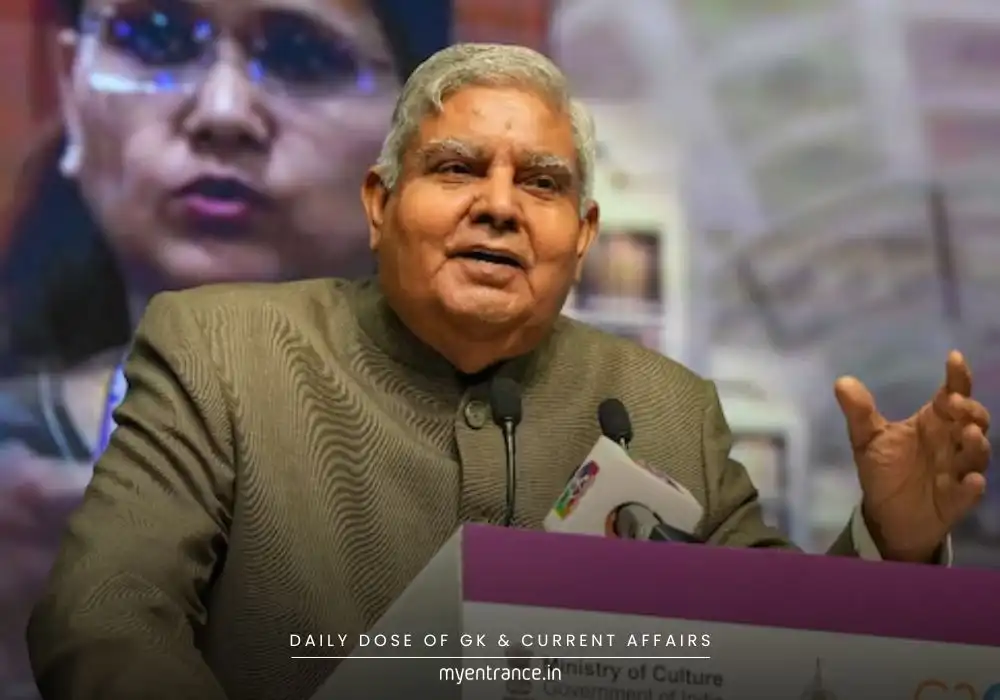Translate Language
BCCI Under Govt. Control? Decoding the National Sports Governance Bill
Get ready for a major shift in Indian sports governance! The government is introducing the National Sports Governance Bill, aiming to bring the powerful Board of Control for Cricket in India (BCCI) under its regulatory framework. This move has significant implications for sports administration and is vital current affairs knowledge for competitive exams.

Big changes are brewing for how sports bodies in India, including the mighty BCCI, are governed. The Sports Ministry has confirmed plans to introduce the National Sports Governance Bill in Parliament soon. If passed, this law will fundamentally alter the landscape, placing the BCCI firmly under government oversight for the first time, alongside the 45 existing National Sports Federations (NSFs) like those for hockey, athletics, and kabaddi.
So, why is this such a big deal? Well, the BCCI has historically operated as an autonomous body. Registered under the Tamil Nadu Societies Registration Act, it has fiercely guarded its independence, largely because it doesn’t rely on government funding. This new Bill proposes setting up a powerful National Sports Board (NSB). Key features include:
Recognition Power: The NSB, with members appointed by the central government, would be responsible for recognizing and even suspending NSFs – and now, crucially, the BCCI.
Safeguarding Athletes & Fair Play: Ensuring athlete rights protection and conducting timely, fair elections within sports bodies would be core mandates of the NSB.
Ad-hoc Bodies: If a federation like the BCCI loses recognition or faces suspension, the NSB gains the authority to appoint temporary administrators to run it.
Age Limit Shift: The Bill proposes raising the upper age limit for officials from 70 to 75 years, aligning with some international norms. This is particularly relevant as current BCCI President Roger Binny just turned 70. (BCCI’s current constitution, set by the Supreme Court, bars officials over 70).
RTI Applicability: Bringing the BCCI under the NSF umbrella would mean it finally falls under the Right to Information (RTI) Act, increasing transparency.
National Sports Tribunal (NST): A major new body proposed to fast-track disputes within sports – conflicts between officials, athletes, coaches, etc. Decisions by the NST could only be challenged directly in the Supreme Court. (Note: It won’t handle disputes during major multi-sport events like Olympics or Asian Games, nor anti-doping cases, which remain with NADA panels).
Why is the BCCI resisting? They’ve long argued their autonomy is justified because they don’t take government money. They also point to the significant governance reforms already implemented under the Supreme Court-mandated Lodha Committee recommendations (like term limits for officials).
Alongside this Governance Bill, the government is also introducing a National Anti-Doping Bill. This comes at a crucial time, as India unfortunately topped the list for doping violations in WADA’s 2023 report for countries testing over 5,000 samples.
Key Q&As for Your Exam Prep
Q: What is the primary objective of the proposed National Sports Governance Bill?
A: The Bill aims to establish a regulatory framework (via a National Sports Board) to oversee the governance, transparency, and accountability of National Sports Federations (NSFs), including bringing the BCCI under this umbrella for the first time.
Q: Why has the BCCI historically resisted being classified as a National Sports Federation (NSF)?
A: The BCCI has emphasized its financial independence, as it does not accept funding from the Sports Ministry, which is a common feature for recognized NSFs. It also cited compliance with Supreme Court-mandated Lodha reforms as sufficient governance.
Q: What is the legal status of the BCCI currently?
A: The BCCI is registered as a society under the Tamil Nadu Societies Registration Act, 1975. It is not a government body, but its public functions have led to debates about whether it falls under the definition of “State” in Article 12 of the Constitution.
Q: How would the Bill impact transparency for bodies like the BCCI?
A: Once recognized as an NSF under the new law, the BCCI would become subject to the Right to Information (RTI) Act, significantly increasing public scrutiny and accountability.
Q: What is the proposed National Sports Tribunal (NST) and its jurisdiction?
A: The NST is intended to be a specialized body to resolve sports-related disputes (e.g., between officials, athletes, coaches) swiftly. However, it cannot adjudicate disputes arising during major international games (Olympics, Asian Games, etc.) or anti-doping cases (handled by NADA panels). Its decisions can only be appealed in the Supreme Court.
Get 3 Months Free Access for SSC, PSC, NIFT & NID
Boost your exam prep!
Use offer code WELCOME28 to get 3 months free subscription. Start preparing today!















